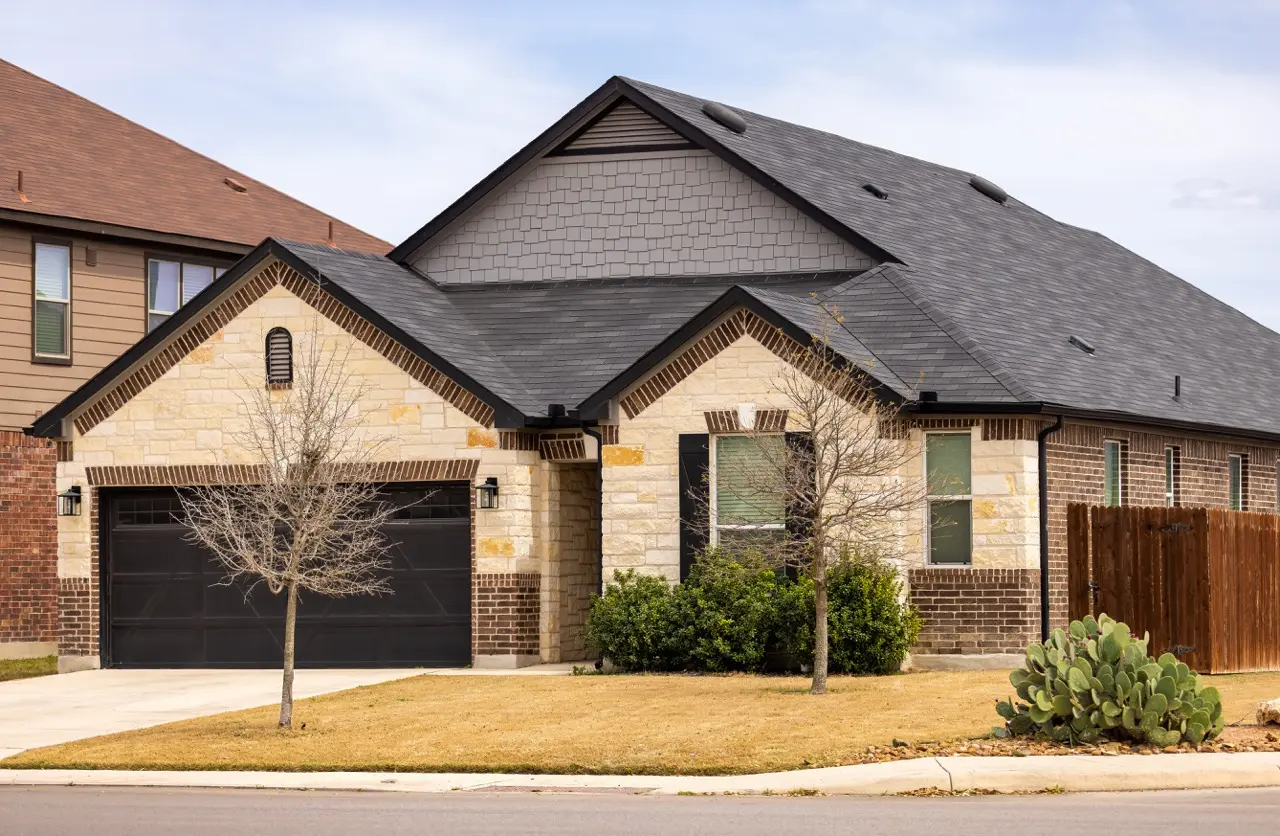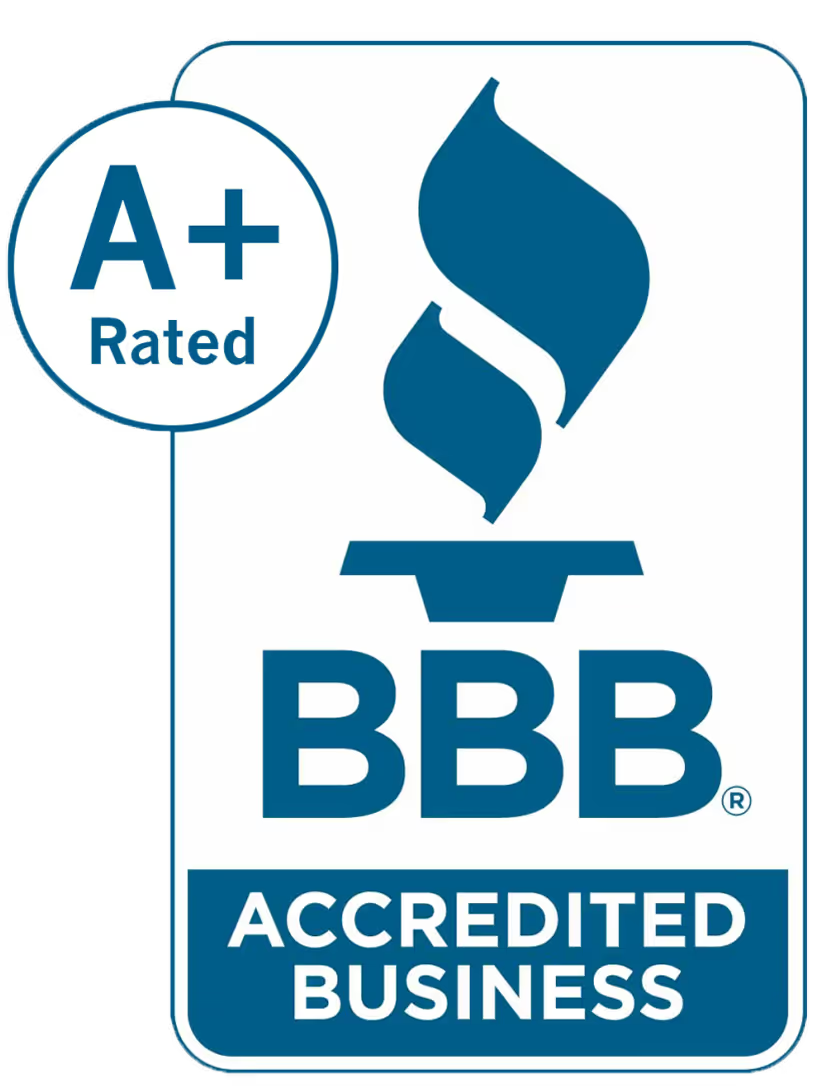Texas Law: Short Term Rentals
The Growing Impact of Short-Term Rentals on Texas HOAs
A New Frontier—Short-Term Rentals
Texas has always been a magnet for investors. Oil booms, real estate surges, tech startups—there’s always another frontier. Today’s frontier? Short-term rentals.
Platforms like Airbnb and Vrbo have turned houses into revenue streams, offering homeowners the chance to cash in on weekends, holidays, and big events. But while some see opportunity, HOAs see something else: a shift in the economic foundation of their communities.
Because when homes become hotels, it’s not just about noise or parking—it’s about money, incentives, and the long-term financial stability of your association.
The Airbnb Premium: When Prices Outpace Residents
Investors know the math: a condo that nets $1,000 a weekend looks very different on paper than one generating a long-term lease. As more STRs enter a neighborhood, property values start reflecting their income potential, not their livability.
For resident-owners, this means higher entry costs and steeper competition. For HOAs, it can shift the buyer pool from long-term neighbors to short-term speculators.
It’s a subtle transformation with major consequences: communities stop attracting people who want to live there and start attracting people who just want to profit there.

Wear and Tear: Who Really Pays?
STRs bring turnover. Turnover brings wear. Pools, gyms, elevators, and parking lots feel the brunt of weekend guests. Trash collection costs spike. Security patrols increase. Insurance premiums climb.
And here’s the kicker: while STR owners pocket the profits, it’s the entire HOA membership that absorbs the long-term costs. Boards face tough questions—do you raise dues to keep up, or cut services? Either way, stability erodes.
Insurance: The Hidden Price Tag
Insurers aren’t blind to STR activity. A community with a high percentage of rentals often faces higher premiums or reduced coverage options. Why? Because transient occupancy increases liability risks—think pool accidents, noise complaints, property damage.
For HOAs, this isn’t hypothetical. Carriers increasingly demand accurate rental disclosure. Fail to disclose, and you risk denied claims. Disclose honestly, and your premiums may spike. Either way, the association feels the financial pinch.
.jpg)
Voting Power: When Investors Control the Budget
It’s not just dollars flowing in and out—it’s governance. Investors who own multiple STR properties can accumulate voting power. Once they control enough units, they control the budget.
That means:
- Blocking amendments to restrict rentals.
- Resisting dues increases (even when maintenance costs demand it).
- Prioritizing their ROI over the long-term health of the community.
In other words, the HOA stops being a collective of neighbors and starts being a boardroom of landlords.
The Long Game: Communities or Commodities?
The economic ripple effect of STRs forces HOAs to ask a bigger question: are we building communities, or commodities?
- Communities prize stability, predictability, and shared investment in the neighborhood.
- Commodities prize turnover, income, and short-term gains.
Neither model is inherently “wrong.” But they are fundamentally different—and only one leads to a sustainable HOA.
Key Takeaways for Boards
- Track the trend early. Monitor STR growth before investors gain majority influence.
- Run the numbers. Calculate the hidden costs: insurance hikes, amenity wear, security needs.
- Consider amendments. If your community wants stability, lock it into your declaration before the vote tilts.
- Educate your members. Homeowners often underestimate the financial impact of STRs until it’s too late.
Final Thoughts
Short-term rentals aren’t just a lifestyle debate—they’re an economic force reshaping HOAs across Texas. Communities that ignore the math risk watching their budgets, reserves, and even their governance slip away.
At Action Property Management, we help boards navigate these challenges with strategies that protect both the balance sheet and the character of the community.
Want the full story on how STRs are reshaping Texas HOAs? Listen to our latest podcast episode of The Uncommon Area: Texas Edition: Short-Term Rentals (Ep. 72). Host Matthew Holbrook and attorney Leah Burton unpack the legal realities and what boards can do to safeguard their future.
Because in the end, the question isn’t just about rentals. It’s about what kind of community you want to be.
At Action Property Management, we partner with boards to navigate complex challenges like short-term rentals, ensuring communities remain financially strong and true to their character. Ready to take the next step? Contact us today for a custom proposal.
Check out our podcast library
Check out podcast







.svg)









